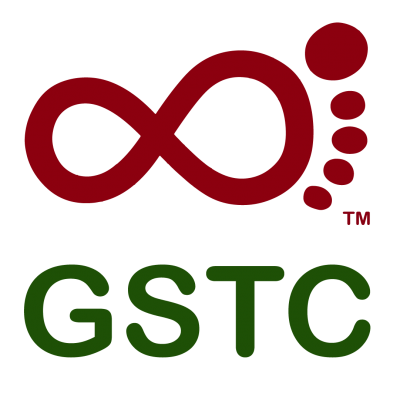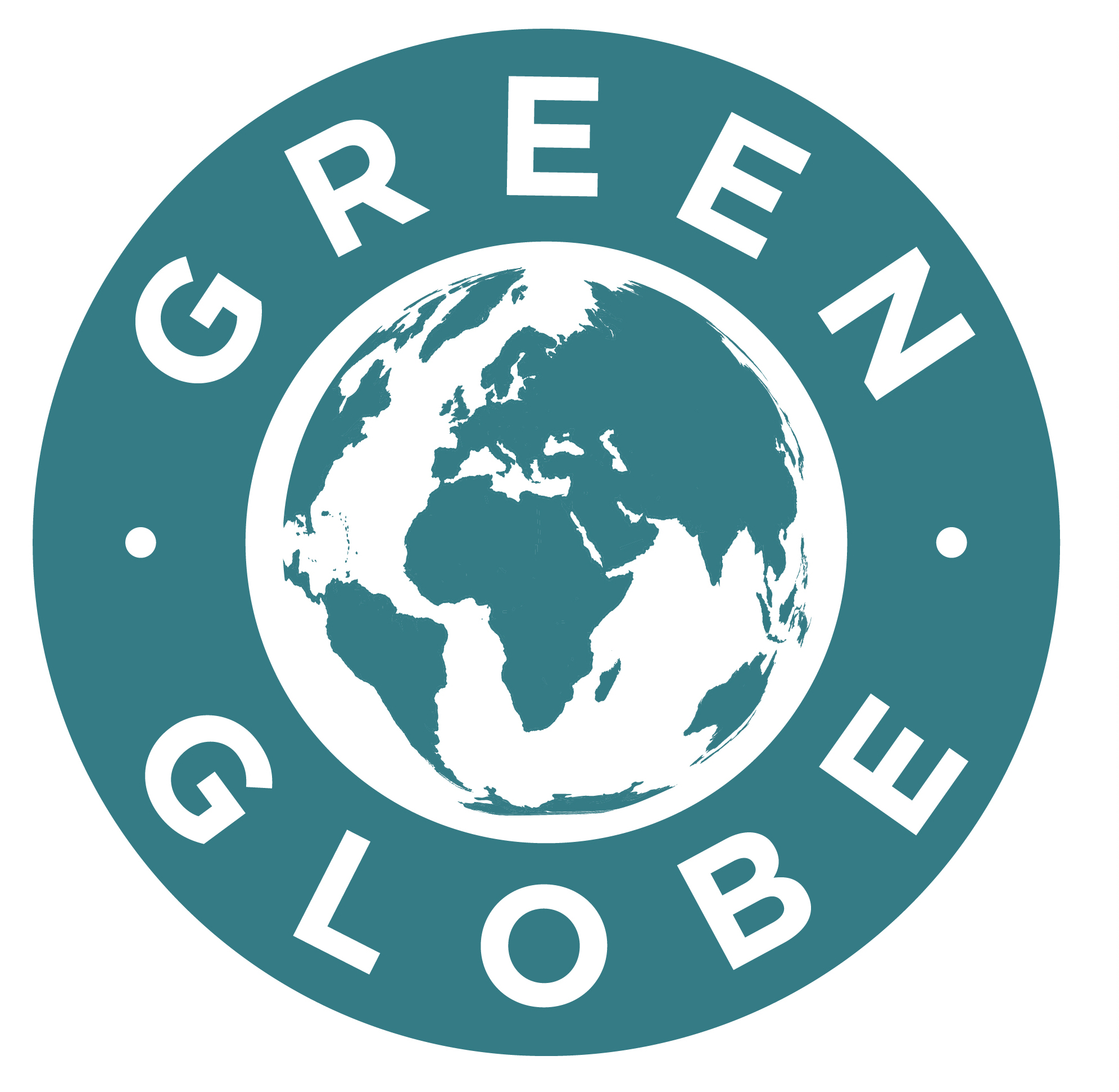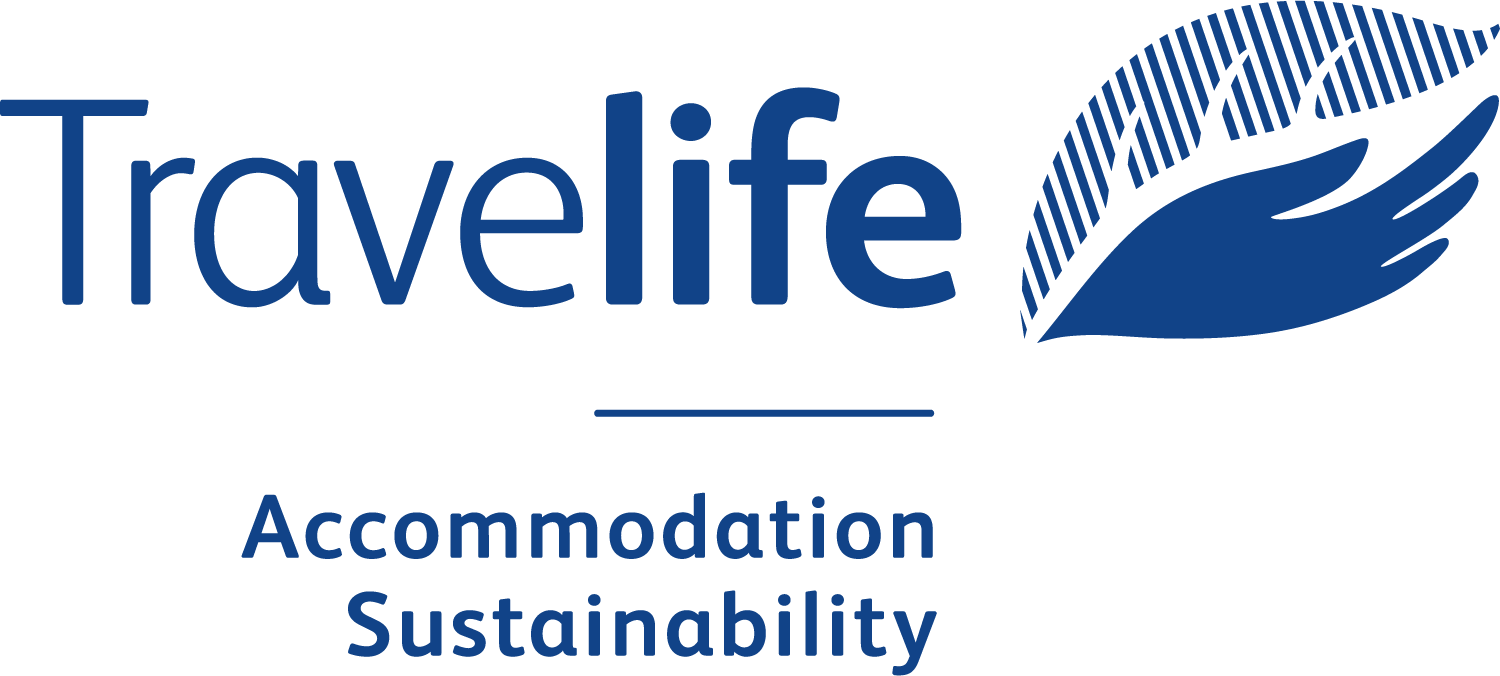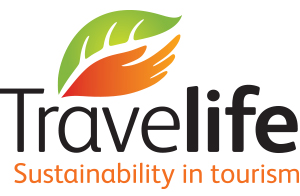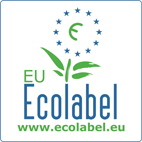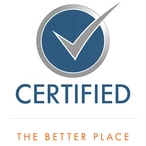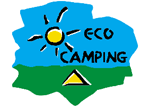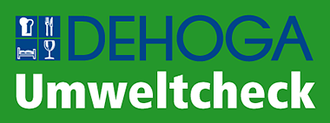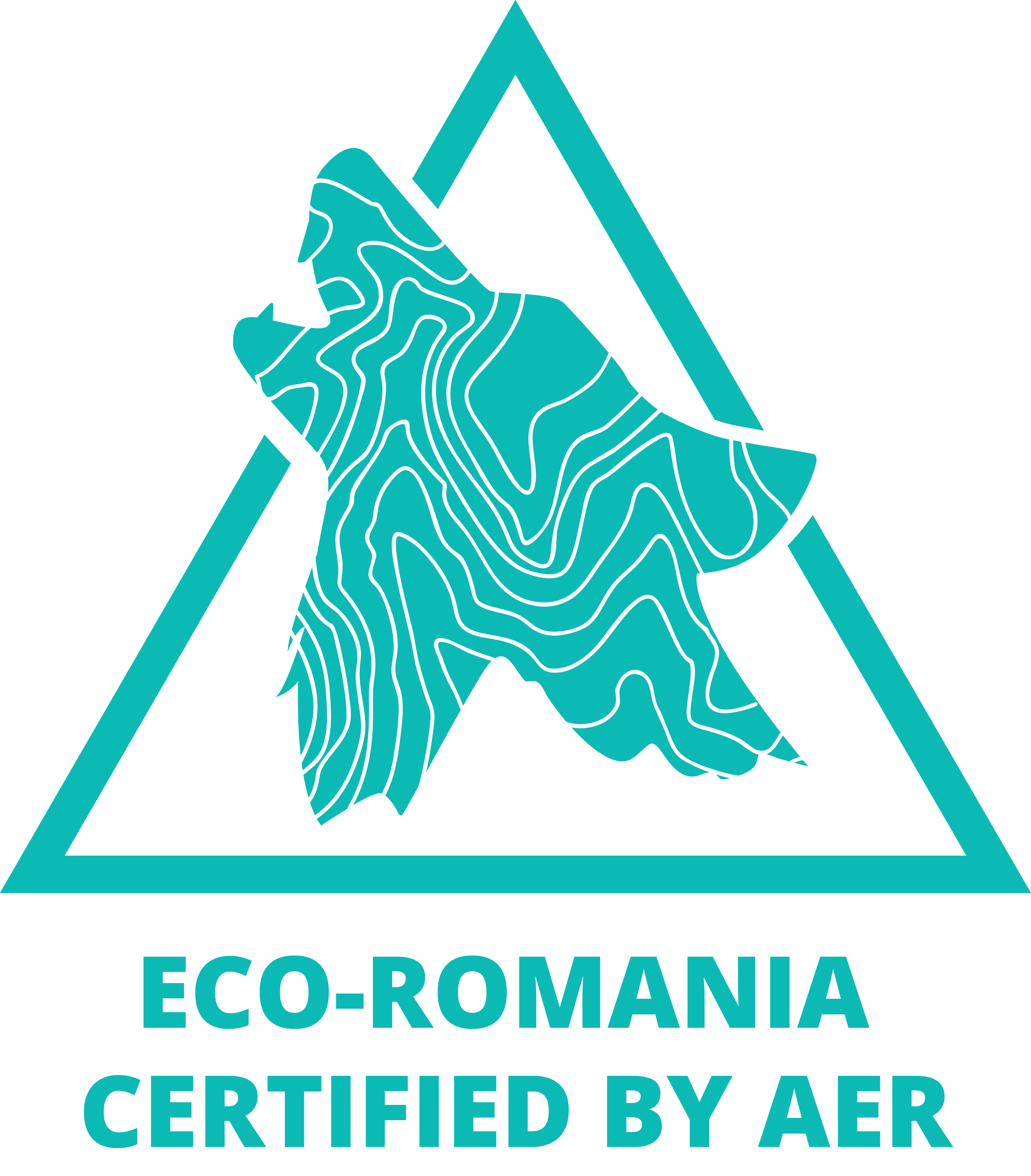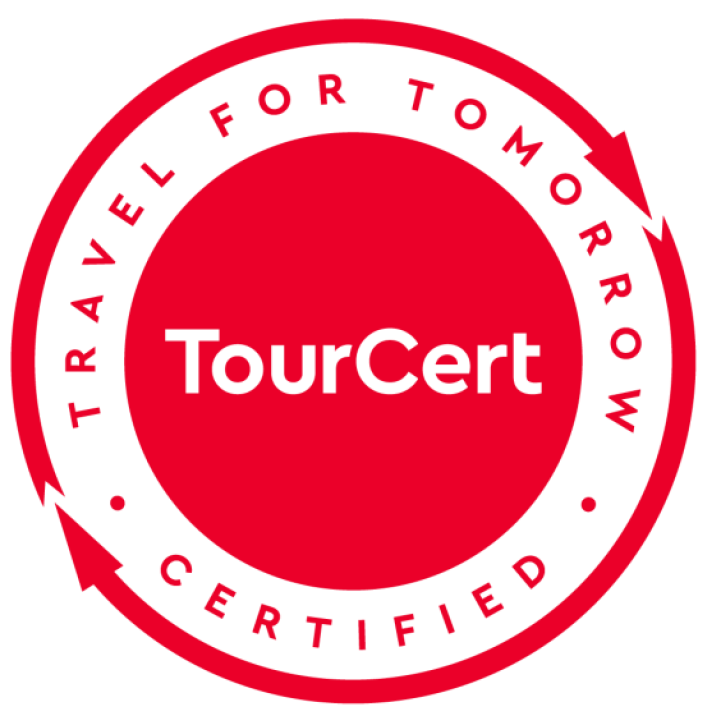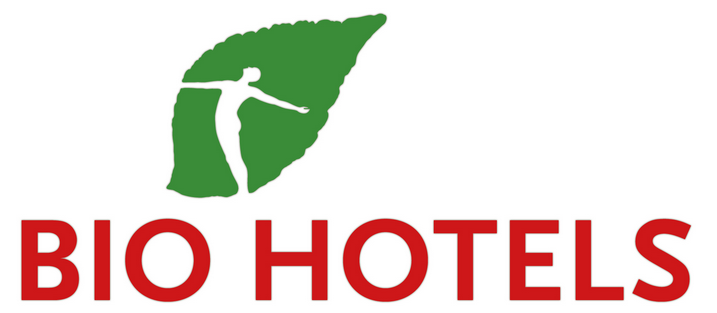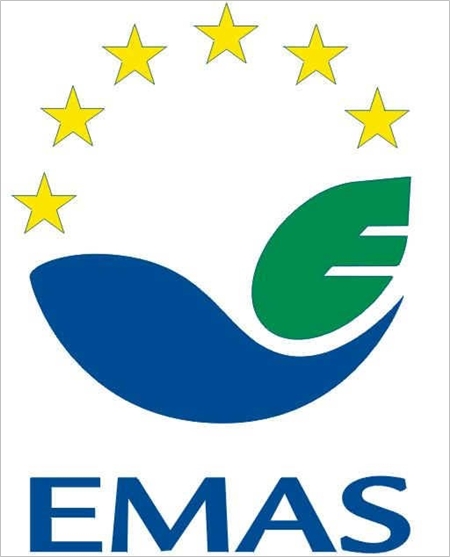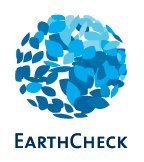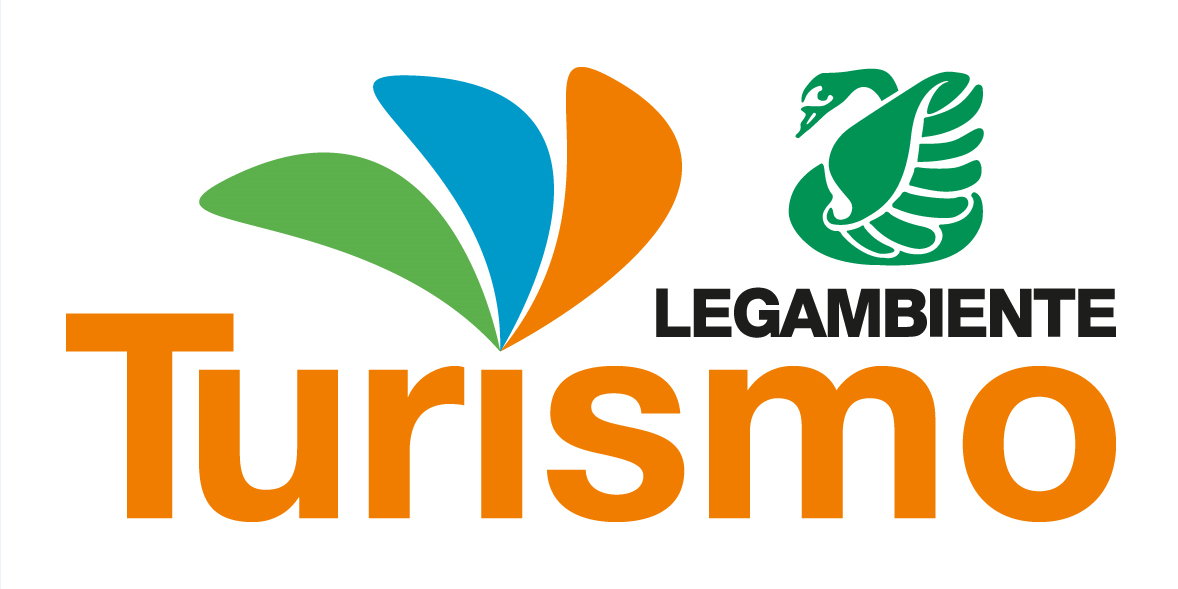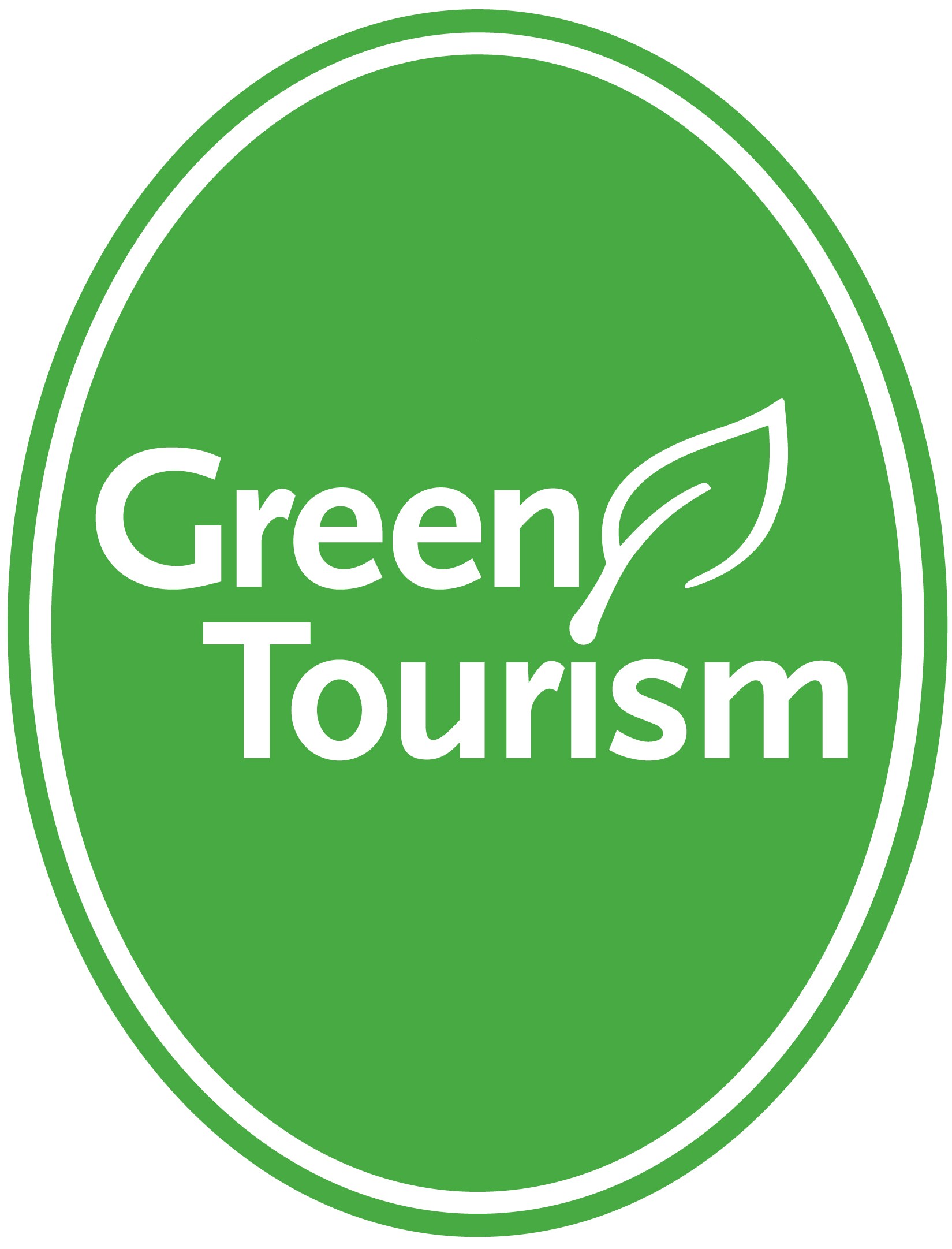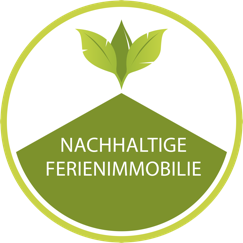Embark on your sustainable certification journey with us
 This site uses cookies in order to function as expected. By continuing, you are agreeing to our cookie policy.
This site uses cookies in order to function as expected. By continuing, you are agreeing to our cookie policy.
Agree and close
 This site uses cookies in order to function as expected. By continuing, you are agreeing to our cookie policy.
This site uses cookies in order to function as expected. By continuing, you are agreeing to our cookie policy.
Agree and close
Embark on your sustainable certification journey with us
In a highly competitive era, branding has become a major communication tool for corporates to sell their products in an international context to a broad consumer audience. Additionally, sustainable certification of the respective businesses acknowledges companies’ efforts and dedication to become greener businesses. This in turn requires product or company endorsements by independent quality guarantee bodies that ensure that no greenwashing practices are being implemented.
Today there are more than 150+ sustainability certificates that SMEs can choose in the process of voluntary certification, that can be chosen depending on the SMEs individual needs and circumstances. Almost all have been oriented to meet the Sustainable Development Goals (SDGs), and the world of sustainability certification is increasingly seen as essential to the development of sustainable production and consumption in the circular Green Economy.
For example, if you wanted to know that the beach you choose to go on for your next holiday meets a certain level of quality or a standard, you can use the Blue Flag Award as guidance for your choice. Equally, those in charge of beaches can use the same system to ensure the area in their care meets these same quality standards. A certification process becomes the tool for both supply and demand verification, enabling product and services consumption and production to follow specific moral and ethical principles and value systems.
In 2009 the Global Council for Sustainable Tourism Certification (GSTC) was established in a multi-stakeholder process to make sense of the wide variety of certificates and the difficult subject of subjective sustainability theory. A series of criteria and indicators were developed to objectively measure the state and performance of sustainable development in a company or destination, and in doing so ensure the values of responsible and sustainable development are being followed in a transparent manner.
In order to briefly summarise the path undertaken by the tourism businesses as part of their enrolment into the ETGG2030 Programme, it could be explained as follows:
By enrolling in the ETGG2030 Programme in future, each SME will receive similar support and continuous access to the available education materials and other valuable resources, as part of the ETGG2030 Going Green System. Your SME can also benefit from various kind of interactions with supporting stakeholders in the framework of organised workshops and/or webinars, including but not limited to expert coaches, whose support can be sought upon request (please refer to the 10 main steps and activities below to learn more about what you can expect from the programme in the post-project phase and the support you could receive thanks to the use of the ETGG2030 Going Green System).
An updated list of the 10 steps in the post-project phase for summary and clarification purposes will soon be available on the website.
Since the Covid-19 pandemic more national and international tourism organisations, tour operators and booking services than before are interested and feel encouraged to promote green travel options to the consumers.
The following list shows national and international certification programmes that are offered to accommodation providers, camping sites, tour operators and similar services in the 6 ETGG2030 countries. They are providing a high level of credibility and transparency.
